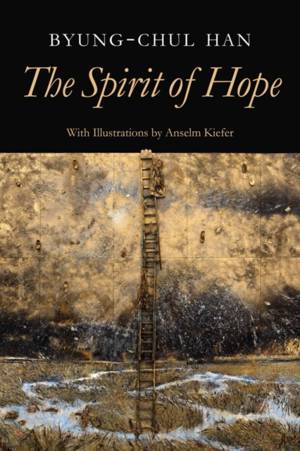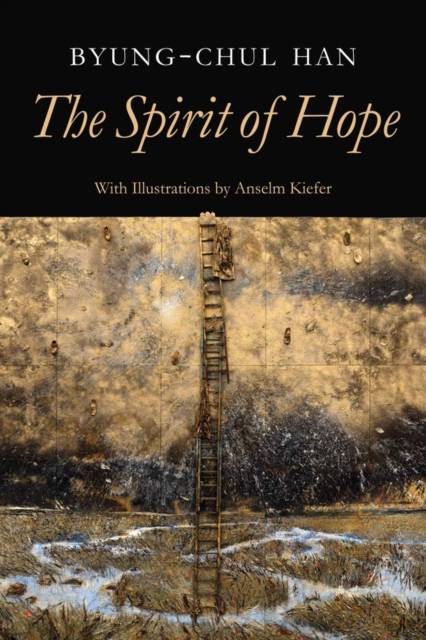
- Afhalen na 1 uur in een winkel met voorraad
- Gratis thuislevering in België vanaf € 30
- Ruim aanbod met 7 miljoen producten
- Afhalen na 1 uur in een winkel met voorraad
- Gratis thuislevering in België vanaf € 30
- Ruim aanbod met 7 miljoen producten
Zoeken
Omschrijving
A spectre is haunting us: fear. We are constantly confronted with apocalyptic scenarios: pandemics, world war, the climate catastrophe. Images of the end of the world and the end of human civilization are conjured up with ever greater urgency. Anxiously, we face a bleak future. Preoccupied with crisis management, life becomes a matter of survival.
But it is precisely at such moments of fear and despair that hope arises like a phoenix from the ashes. Only hope can give us back a life that is more than mere survival. Fear isolates people and closes them off from one another; hope, by contrast, unites people and forms communities. It opens up a meaningful horizon that re-invigorates and inspires life. It nurtures fantasy and enables us to think about what is yet to come. It makes action possible because it infuses our world with purpose and meaning. Hope is the spring that liberates us from our collective despair and gives us a future.
In this short essay on hope, Byung-Chul Han gives us the perfect antidote to the climate of fear that pervades our world.
But it is precisely at such moments of fear and despair that hope arises like a phoenix from the ashes. Only hope can give us back a life that is more than mere survival. Fear isolates people and closes them off from one another; hope, by contrast, unites people and forms communities. It opens up a meaningful horizon that re-invigorates and inspires life. It nurtures fantasy and enables us to think about what is yet to come. It makes action possible because it infuses our world with purpose and meaning. Hope is the spring that liberates us from our collective despair and gives us a future.
In this short essay on hope, Byung-Chul Han gives us the perfect antidote to the climate of fear that pervades our world.
Specificaties
Betrokkenen
- Auteur(s):
- Vertaler(s):
- Uitgeverij:
Inhoud
- Aantal bladzijden:
- 111
- Taal:
- Engels
Eigenschappen
- Productcode (EAN):
- 9781509565191
- Verschijningsdatum:
- 19/11/2024
- Uitvoering:
- Hardcover
- Formaat:
- Genaaid
- Afmetingen:
- 149 mm x 218 mm
- Gewicht:
- 263 g

Alleen bij Standaard Boekhandel
+ 41 punten op je klantenkaart van Standaard Boekhandel
Beoordelingen
We publiceren alleen reviews die voldoen aan de voorwaarden voor reviews. Bekijk onze voorwaarden voor reviews.








